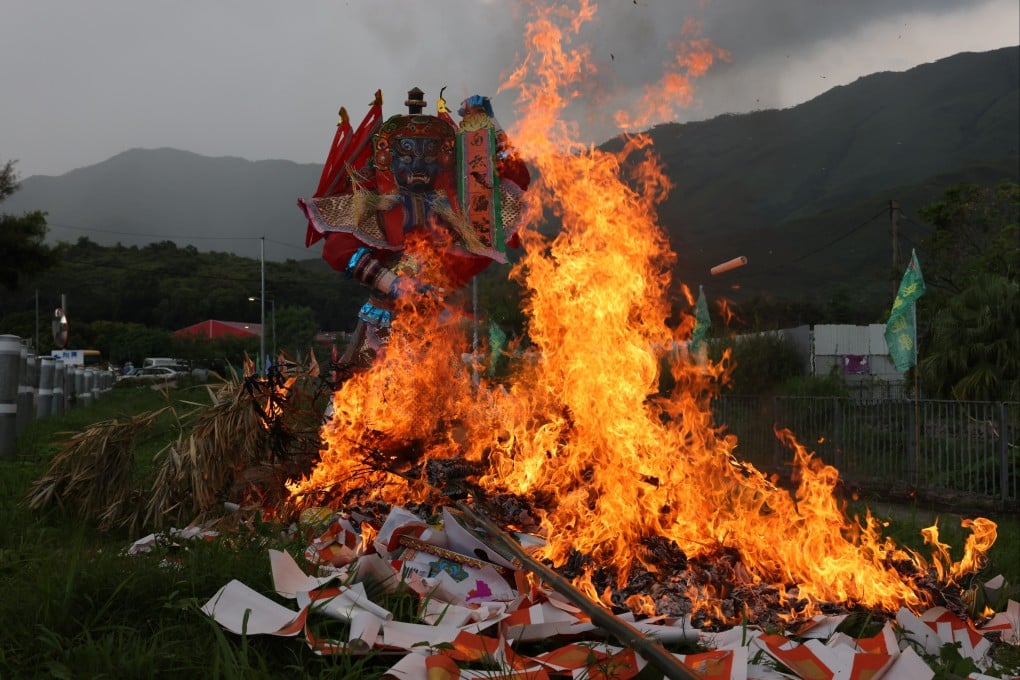Reflections | ‘Chinese Halloween’ the Hungry Ghost Festival sticks to its roots, unlike this week’s celebrations
- Observed in the seventh month of the traditional Chinese calendar, the Hungry Ghost Festival is celebrated in different ways among Chinese communities
- The festival is a good example of how the Chinese, at least in historical times, were very open to foreign cultural influences

Shorn of its original spiritual or religious intent, Halloween, a contraction of All Hallows’ Eve, has become a day of fun and games for most people, and handsome profits for businesses. Instead of remembering and honouring the dead, children and adults go about in costumes getting high on sweets, or something stronger at clubs and bars.
In Hong Kong, Halloween is probably more popular than the Chinese festival that’s associated with the dead, observed over two months ago.
In the seventh month of the traditional Chinese calendar, Chinese communities observe the Hungry Ghost Festival, as it is sometimes known in English, in different ways.

For Chinese Buddhists, the most popular origins story of the festival is that of the Buddhist holy man Maudgalyayana (Sinicised as Mulian) alleviating the hunger suffered by the soul of his dead mother, who had been evil in life.
After Mulian performed a special ritual on the 15th day of the seventh month, his mother’s soul was released from the realm of suffering. This story dovetailed with the virtue of filial piety, which is especially important to the Chinese. Actively promoted by rulers, the ritual and the associated festivities took root in China.
